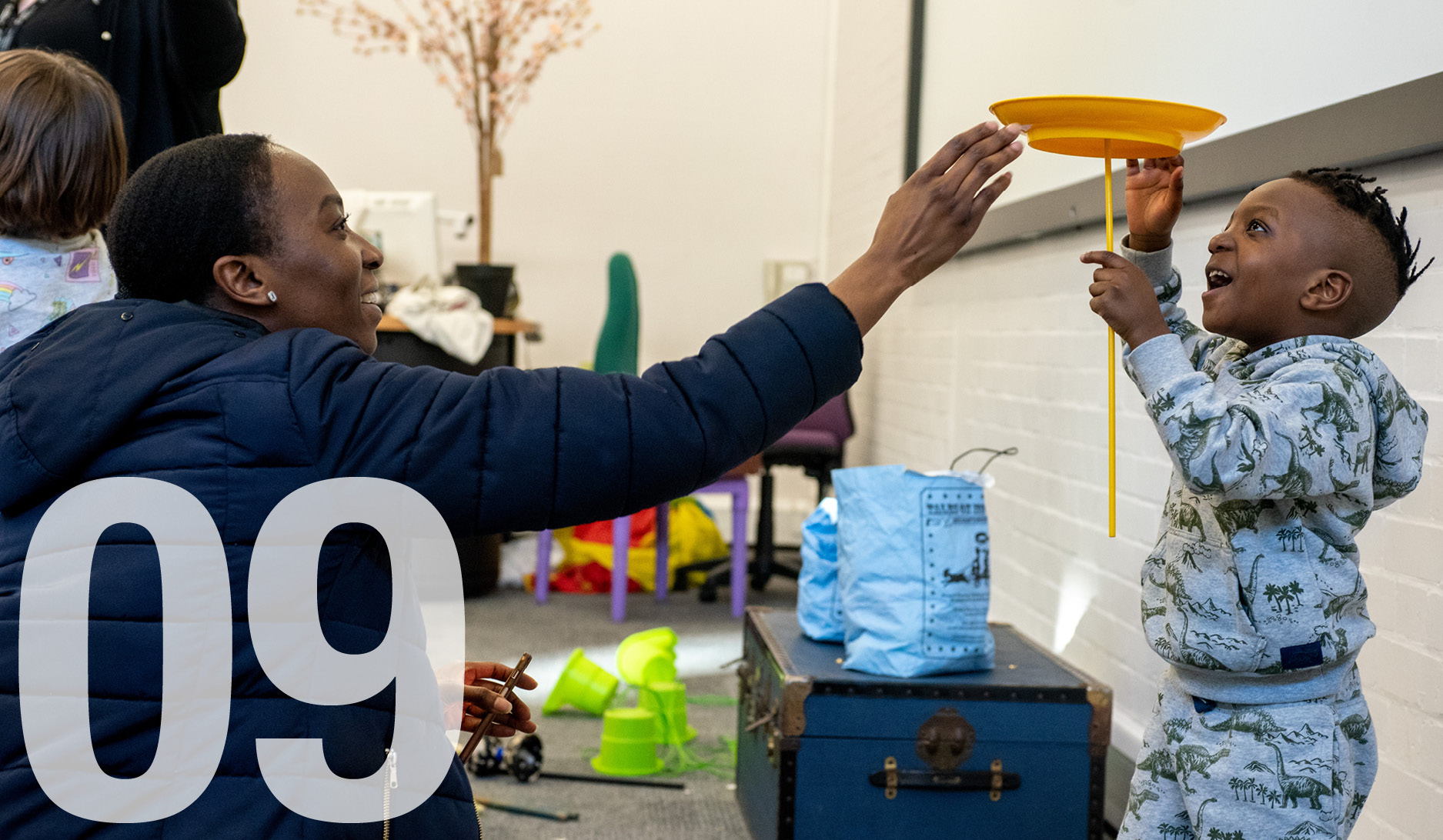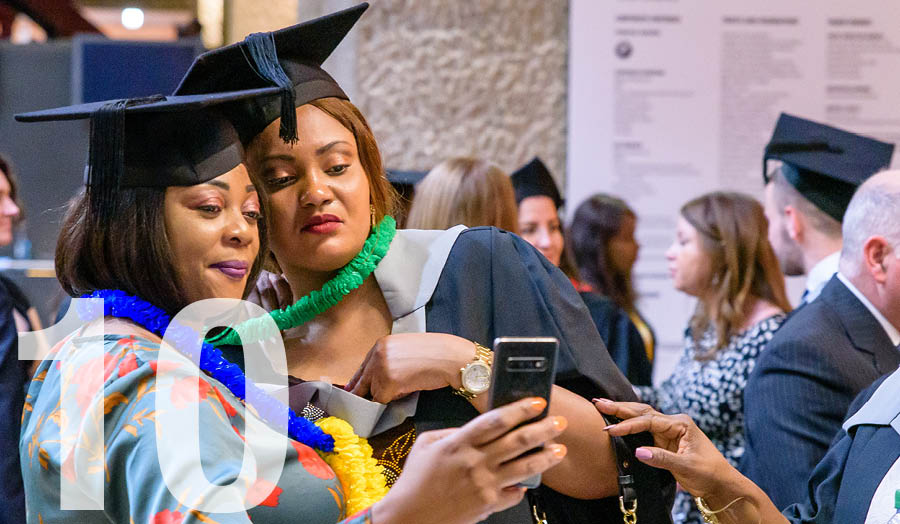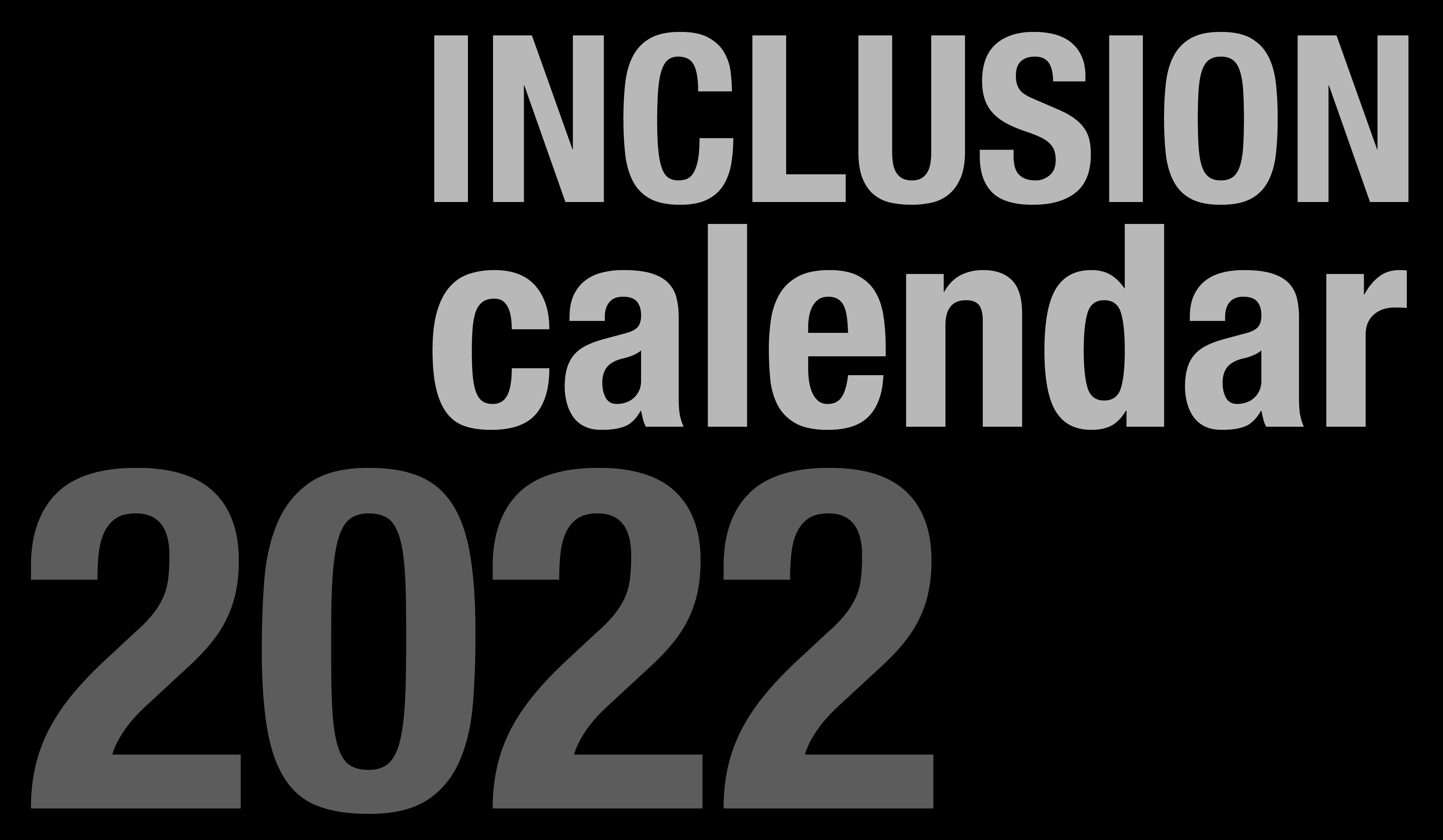Health and Safety Month
International Day of the World’s Indigenous Peoples
The pre-colonial history of many countries has been lost due to the colonial rule of other countries; it is important for us as an institution to decolonise our practices and create awareness to pre-colonial practices of countries that have been affected by colonialism.
Get involved…
At London Met we have launched an initiative to decolonise our curriculum, our institution and our daily practices. Find out more by engaging with Decolonising Met and our Education for Social Justice Framework.
Key dates in August 2022
Orthodox Christian – information to follow.
Lughnasadh is a Gaelic festival marking the beginning of the harvest season. Historically, it was widely observed throughout Ireland, Scotland and the Isle of Man.
Traditionally it is held on 1 August, or about halfway between the summer solstice and autumn equinox. In recent centuries, some of the celebrations have been shifted to the Sunday nearest this date.
Modern pagans celebrate Lughnasadh in various ways today, some of which are similar to the original festival. Gatherings might feature feats of skill honouring Lugh (the most powerful of the Celtic gods) or just spending time together to enjoy the last heat of summer before the fall.
Here are five ways to honour it:
- Practice skills
- Bake bread
- Join a friendly competition
- Create a Lughnasadh altar
- Reflect on the harvest
Summer bank holiday – Scotland and Republic of Ireland.
Tisha B’av (The Ninth of Av) is a day of mourning and fasting. The holiday commemorates various tragedies that befell the Jewish people throughout history, particularly the destruction of the two temples in 586 BCE and 70 CE. It is believed that many of the tragedies remembered on Tisha B’Av actually occurred on this date. Tisha B’av is the culmination of a three-week period of mourning.
Like Yom Kippur, there is a pre-fast meal and a break-fast meal for Tisha B’av, with no food or drink allowed during the holiday. The pre-fast meal is known as seudah ha-mafaseket (literally, “meal of separation” or “concluding meal”). Traditionally, the pre-fast meal contains only bread, water and a hard-boiled egg dipped in ashes, to symbolise the destruction that is mourned. The break-fast meal usually consists of light, dairy foods. Some Jews also refrain from eating red meat or chicken and drinking wine on the nine days leading up to Tisha B’av.
Ashura (Islam) – Ashura is a holy day for Muslims all over the world, celebrated on the tenth day of Muharram, according to the Islamic calendar. For the Sunnis, Ashura is the day Moses fasted to show his gratitude for the freedom of the Israelites. Today is also a holy day of mourning observed primarily by Shia Muslims.
Sunni Muslims fast as a part of the mourning and engage in ibadat (remembrance of Allah) on day nine and ten – Muharram. They start mourning the first day of Muharram and continue for ten nights, remembering the sacrifices made by the Prophet's family.
International Day of the World's Indigenous Peoples is commemorated annually on 9 August to raise awareness of the needs of indigenous peoples globally. By resolution 49/214 of 23 December 1994, the UN General Assembly decided that the Day would be observed on 9 August every year.
The day is celebrated to spread awareness about the indigenous population around the world and to also protect their rights.
Raksha Bandhan (Hindu) – Raksha Bandhan, also abbreviated to Rakhi, is the Hindu festival that celebrates brotherhood and love. It is celebrated on the full moon in the month of Sravana in the lunar calendar. The word Raksha means protection, whilst Bandhan is the verb to tie. Priests tie rakhis around the wrists of congregation members.
Raksha Bandhan is a popular annual festival, usually in August, during which a girl or woman gives a cotton bracelet (rakhi) to a brother or someone she considers as one, who in turn treats her as a sister.
International Youth Day – August 12 marks the annual celebration of International Youth Day as an awareness day, designated by the United Nations (UN). The first Youth Day was observed in 1999 after the UN General Assembly (UNGA) passed a resolution accepting the recommendation made by the World Conference of Ministers Responsible for Youth in Lisbon.
This day is dedicated to the role young women and men play in bringing change in tackling global issues and achieving sustainable development. It also serves as an opportunity to raise awareness of challenges and problems facing the world's youth.
On International Youth Day, workshops, concerts, conferences, cultural events, seminars and meetings involving national and local government officials and youth organisations take place around the world.
Krishna Janmashtami (Hindu) – Janmashtami is celebrated to mark the birth of Lord Krishna. People celebrate by fasting, breaking dahi-handi (a clay pot typically filled with yoghurt or butter), singing hymns, visiting temples, preparing feasts and praying together. It is a grand celebration, particularly in Mathura and Vrindavan.
World Humanitarian Day – every year, World Humanitarian Day is observed on August 19 across the globe to promote human welfare. The day is dedicated to the people who have sacrificed their lives for the welfare of others. The United Nations asks global citizens to be grateful for the aid workers who provided service to mankind.
With most climate campaigns focused on slowing climate change and securing the planet’s future, World Humanitarian Day 2021 highlighted the immediate consequences of the climate emergency for the world’s most vulnerable people and ensured that their voices were heard, and their needs top the agenda at the UN Climate Change Conference (COP26) in November.
International Day Commemorating the Victims of Acts of Violence based on Religion or Belief – on August 22, the United Nations (UN) marks the International Day Commemorating the Victims of Acts of Violence Based on Religion or Belief as a day designated by the UN for states to step up their efforts to combat intolerance, discrimination and violence against persons based on religion or belief.
Establishing the day was a direct response to the ever-growing issue of violence based on religion or belief, including in their most severe manifestations of international crimes, as crimes against humanity, war crimes and even genocide.
Paryushana Parva is a festival of fasting, friendship and forgiveness. Members of the Jain faith are celebrating the holiest time of the year. It coincides with monsoon season in India, which is where Jainism began.
During Paryushan, Jains study religious books and scriptures which are based on principles of Jainism. Pratikraman is also performed by many Jains during the festival. The word Pratikraman is made from the combination of two words – Pra, meaning return, and atikraman, meaning violation.
Summer bank holiday – England, Wales and Northern Ireland
Ganesh Chaturthi (Hindu) – the festival marks the birth of Lord Ganesh, the god of wisdom and prosperity. It falls in the Bhadrapada month of the Hindu calendar, which falls in August-September. Lord Ganesh is considered a symbol of wisdom, writing, travel, commerce and good fortune.
Many families invite Pandits or Brahmins to do Ganesh Chaturthi Puja at home so that they can perform the Puja of Lord Ganesh the right way. For any Puja or Vrat you need two things – cleanliness and devotion. This will help you get the blessings of Lord Ganesh.
Clean your house and take a bath. Wear fresh clothes and get ready for the Puja.
Samvatsari (Jain) – Samvatsari is also called as Kshamavani. The Shwetambharas will celebrate Samvatsari on August 22 this year. People send across messages and images seeking forgiveness or Micchami Dukkadam wishes on this day. It is the holiest day of the Jain calendar as special prayers are also offered.
The eighth day is Samvatsari, the Forgiveness Day: a day for forgiving others and to also seek forgiveness from all creatures of the world whom they may have harmed knowingly or unknowingly by uttering the words Michhami Dukkadam
Michchhāmi Dukkaḍaṃ (मिच्छामि दुक्कडम्), also written as michchha mi dukkadam, is an ancient Indian Prakrit language phrase, found in historic Jain texts. Its Sanskrit equivalent is "Mithya me duskrtam" and both literally mean "may all the evil that has been done be in vain".
This is not an exhaustive list; please complete our inclusion calendar form if you'd like us to add your event or if there is anything missing from our dates.
This calendar is managed by the Centre for Equity and Inclusion and the Inclusive Calendar Stakeholders (ICS). The ICS group meets every month to discuss the month of events ahead, enhancement of the process and the calendar.
If you have any questions, please feel free to email us at equity@londonmet.ac.uk



